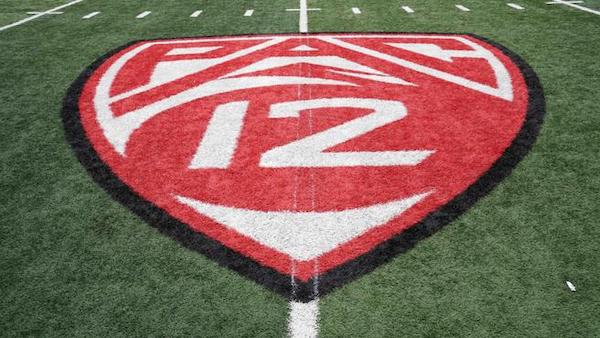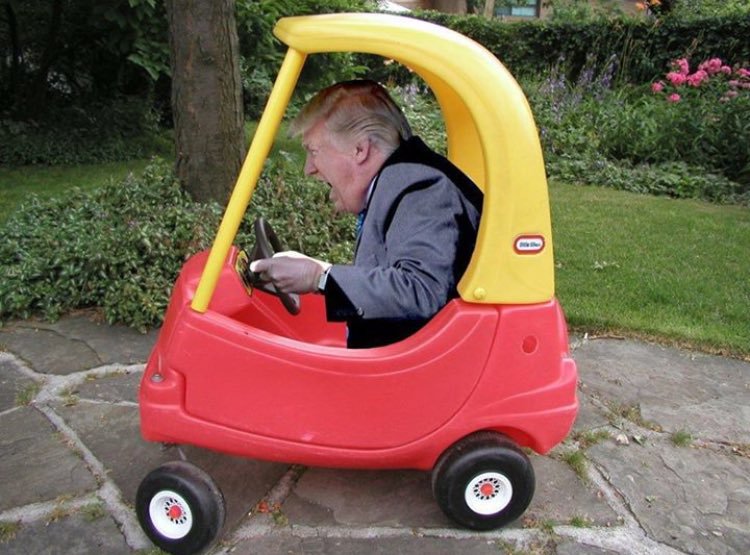Do We Need (College) Sports?

When I was young, I thought sports — and especially school sports — were mostly pointless. A waste of time and money that could be better spent on other things, like more resources for education and the arts. I think this is a common stance for bookish teens, like I was back then, who cling to any ways in which they can feel superior to those who are actually good at sports.
But as an adult I grew to recognize that sports play a valuable role in culture, too. They’re a communal experience that unites people across dividing lines in shared rituals and a mutual pride in their cities. There’s a reason sports have been around since ancient civilizations. We may have invented basketball, but cheering for the home team is timeless.
My feelings towards sports in general evolved along with a growing love for my favorite sport, college football, which if you’ll quickly indulge me, I believe is objectively the best because:
One, It’s a lifelong loyalty that you personally decide to opt into, which is at least theoretically based on some set of attitudes or ideals, versus being determined purely by birth or proximity.
Two, college football is a precious limited resource. There are only about a dozen games per year, with maybe a few more if your team does well. That scarcity means that each game is a special event. Something to be relished. It also means that being a fan doesn’t come with the huge time commitment of any other sport. It’s a win-win for people with other interests, like, say, film or literature or the outdoors.
Three, football games are broken down into a series of discrete decisions that play out with a mix of strategic planning and luck, action and reaction, which to a nerd like me makes it the sport that’s most like a board game. Every play has clear intent behind it, with a setup and a resolution, and every game is a series of plays that add up to success or failure, making each contest exciting on both the micro and macro level.
Then this week I found out that, for the first time in my adult life, my favorite sport is just… not happening this year.
So whether I like it or not, I’m going to have to put that time and energy somewhere else until 2021. Which has me thinking again about my old idea… do we really need sports?
Especially when you zoom in on what also makes college football the most problematic of the major televised sports, it’s worth examining seriously: Here we have young, unpaid athletes risking permanent damage to their health for the enrichment of a league that exploits them, under the guise of school spirit and raising funds for educational institutions.
Is it not worth wondering if there’s a better way to entertain ourselves?
In favor of sports, of course, there’s the economic argument: that sports is an engine for billions of dollars and millions of jobs, from athletes to shoemakers, security guards to hot dog vendors. And there’s the local and cultural argument: that cities need something to rally around and cheer for as a collective. A logo to put on a hat to show civic pride. A broadly approachable common interest to bond over with neighbors.
And of course it’s obvious that we love, and maybe even need, competition. Humans have always wanted to root for their city, region, or country to win at things. But are there other things we can compete in that both provide entertainment, but also contribute more to life in our communities? Without all that money, manpower and attention directed to the massive sports leagues of today, what else could we turn into sports that leaves us better off?
Could we replace baseball teams with squads of aspiring restauranteurs and make Top Chef a seasonal sport, where its participants go on to build up their city’s culinary industry? What could we create if we cheered for debate teams the way we do basketball players, while setting up rising stars to succeed in local politics? What if groups of young coders and engineers competed in an innovation challenge that we treated with as much importance and celebration as playoff season?
It’s a crazy notion, I know, but in a year where everything’s changing against our will, maybe it’s worth considering what we rebuild in the years that come after.


